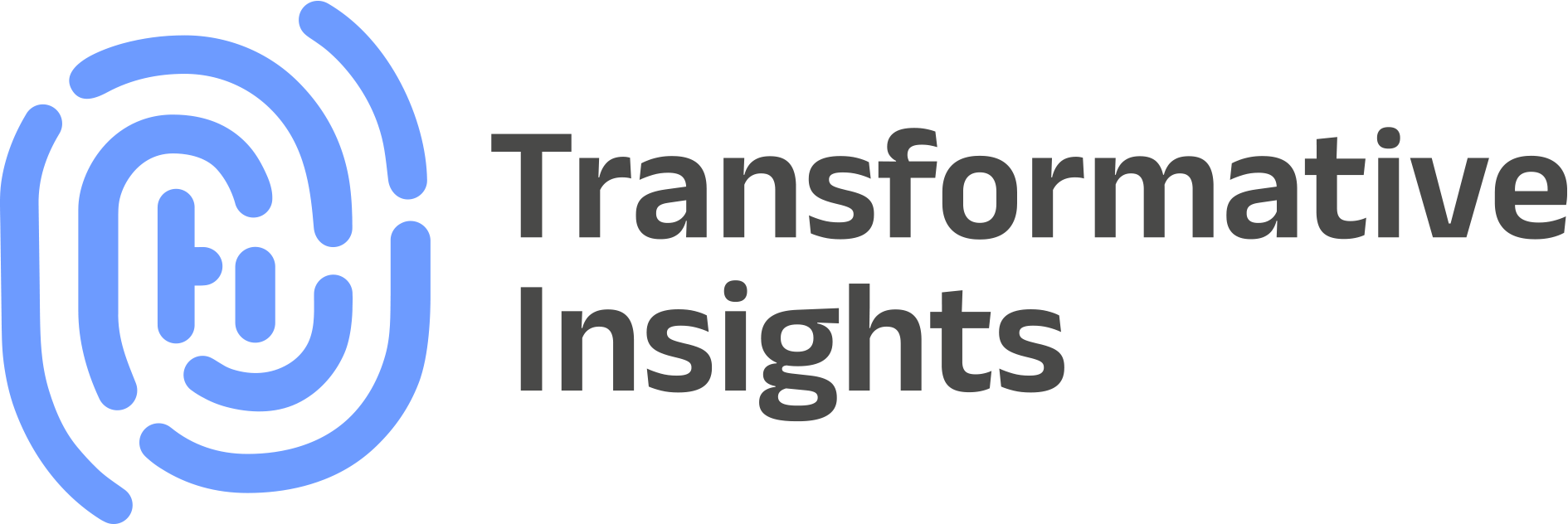Accountability Partnering for Success
Introduction
Soon you will have access to your Lifestyle Assessment Report and no doubt deep insights into how your lifestyle is influencing your health, well-being and performance. During and after the upcoming debrief you will be asked to commit to some goals and get specific with new habits needed to achieve these goals.
Creating new habits (or undoing old ones) and in particular sticking to these changes is no easy feat, even when we rationally know these changes are really good for us!
So we need to generate some positive forces to help us create sustainable positive change!
A 2015 “How to increase the odds of reaching your goals” study by the Association for Talent Development showed that publicly committing to your goals gives you at least a 65% chance of completing them. However, having an accountability partner increases your chance of success to 95%.
We have learned from past programmes that indeed, those participants who had an effective accountability partnership were most successful in making and sticking to habit changes. They also (not surprisingly) also made the most significant improvements on their lifestyle assessment scores.
What is an accountability partnership?
An accountability partner is a person who supports you with keeping a commitment. An accountability partnership is a two-way relationship whereby you fulfill the role of accountability partner for each other.
An accountability partnerships leverages some of the realities of being human; we are far more likely to lie to and let down ourselves than someone else and it is just so much more enjoyable to tackle challenges together with another person.
How to select an accountability partner
Selecting the right accountability partner is key. Often a fellow participant of the programme works well as some of them are likely to be wanting to make similar changes.
You may also want to consider multiple accountability partners, each one linked to one or more specific habit change(s). This enables high(er) levels of commonality with the changes you are making together.
Find someone who meets most or all of these characteristics of the ideal accountability partner:
Committed to making the same (or very similar) changes which enables you to team up and do the new habit (for example a morning walk) together
Able to verify whether or not you are sticking to the commitments you have made
Willing and able to call you out and challenge you (in a respectful) way when you don’t stick to your commitment(s)
A positive, flexible, encouraging and supportive way of operating
Has your best interest at heart and is genuinely able to allocate some time to support and encourage you
Make sure you actively look for an accountability partner(s) this week even though you haven’t set your goals and habits as yet. The sooner you get started with an accountability partnership, the more successful you are likely to be. So start to lining up one or more accountability partner(s) now!
Effective accountability partnerships
Here are few tips to set an accountability partnership up for success:
Give the other person permission to check on you and specify how you would like them to do that, e.g. through one of the habit tracker apps (such as Habit Share), text, phone call, email, in-person or virtual meeting. Also agree on the frequency, i.e. daily, weekly or fortnightly.
Work out together what course of action you will take if you did not stick to your habit change commitment. Similarly what will you do when you are successful? Have a think about what your strongest motivational force is; is it a reward for when you have stuck to your commitments or is it something punitive when you haven’t. For example buying the other person a coffee or making a donation to an anti-charity (an organization whose views you strongly oppose, or one which promotes values that are most contrary to your own).
See how you can reciprocate and help each other stay on track with a goal or habit change. The best accountability system is a true partnership where both people are supporting and encouraging each other and you both succeed!
If you’re the one keeping someone accountable be generous with encouragement and send little quotes or articles pertaining to their goal to them occasionally to keep them motivated and to let them know you’re thinking of them. This goes a long way in developing a relationship where the one being held accountable will take pride in sharing successes.
Offer grace for failures and use them as learning opportunities. Ask questions like, what is most standing in your way of sticking to your commitment? Or, what keeps on tripping you up? Followed by, how can you address or mitigate that barrier this coming week? Or, what would it take for you to achieve your goal this week?
Want to read some more?
We will go deeper into habit change and other evidence based strategies in the upcoming weeks. Feel free to get a head start though - the banner below lists all the articles in this habit change series.
By the way, the full findings of that 2015 “How to increase the odds of reaching your goals” study by the Association for Talent Development, showed that the probability of achieving a goal is:
Only 10% if it is just an idea, resolution or (vague) goal
25% when you also consciously decide that you will do it
40% when you decide when you will do it
A halfway house at 50% when you have also created a clear plan for how you are going to do it (specific habits)
Starting to look promising at 65% when you make it public and commit to someone that you will do it
Almost a done deal at 95% when you have an accountability partner and regular “accountability appointments”









